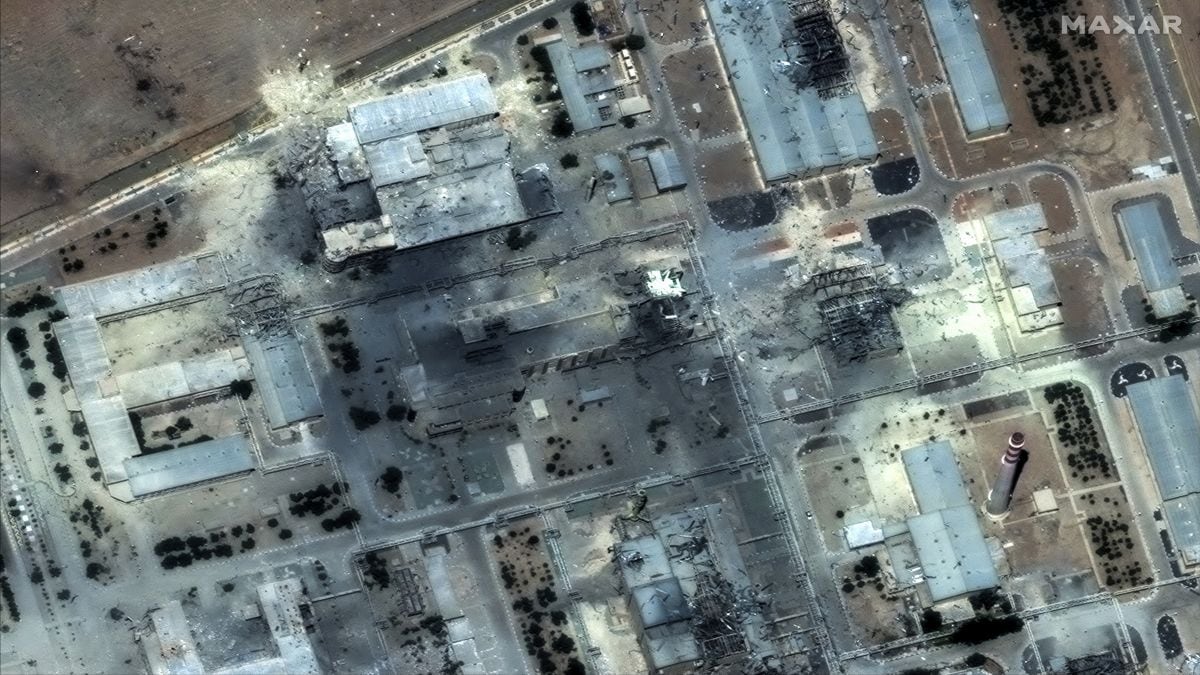

India has voiced its deep concern regarding the recent attacks on Iran's nuclear facilities amidst escalating tensions in West Asia, urging all parties to return to dialogue and diplomacy. This statement comes in the wake of reported strikes against several nuclear sites within Iran, raising serious questions about regional stability, public health, and environmental safety.
At a special meeting of the International Atomic Energy Agency (IAEA) Board of Governors in Vienna, India's Ambassador to Austria, Shambhu Kumaran, articulated India's position. Kumaran, who also serves as India's Governor on the IAEA Board, emphasized the high priority of ensuring the safety and security of nuclear facilities, citing the potentially severe consequences of such attacks on public health and the environment. He called upon all involved parties to exercise utmost restraint to prevent further escalation that could compromise nuclear safety.
India has urged the IAEA to provide regular updates on the extent of damage to Iranian facilities and to report on any radiation-related risks stemming from the attacks. Furthermore, India has offered its full support to efforts aimed at safeguarding nuclear facilities in the region.
The attacks on Iran's nuclear facilities have sparked international alarm, with reports indicating missile and drone strikes targeting sensitive infrastructure. These events have prompted calls for de-escalation and reinforced protective measures. The US military intervened on June 22 by striking Iranian nuclear sites. Sites attacked included Fordow, Natanz, and Isfahan.
India's reaction reflects its longstanding and complex relationship with both Iran and other nations in the region. India and Iran share historical, cultural, and economic ties. Independent India and Iran established diplomatic relations on March 15, 1950. Despite not welcoming the 1979 Revolution, India maintains friendly relations with Iran across many areas. There are significant trade ties, particularly in crude oil imports into India and diesel exports to Iran. Iran has also been a viable transit option for trade with Central Asia and Russia.
However, India has consistently opposed Iran's nuclear program. India has also voiced stronger support for Israel than for Iran in the 2020s. India maintains amicable relations with both Israel and Iran and seeks to balance its relationships in the region, which is crucial for protecting its strategic interests.
The ongoing conflict poses several challenges for India. Iran serves as India's conduit to Central Asia, and India has invested billions in the Chabahar port to establish a direct link with the region. The Iran-Israel conflict could jeopardize India's connectivity plans and impede progress on the International North-South Corridor. There are also security risks for Indian nationals in the region. The Indian government has issued travel advisories and is closely monitoring the situation to ensure the safety of its citizens.
India's call for a return to dialogue and diplomacy underscores its commitment to peaceful resolution and regional stability. As a significant player in the region, India's voice carries weight, and its offer of support highlights its willingness to contribute to de-escalation efforts. India is ready to help and urges restraint from all parties.